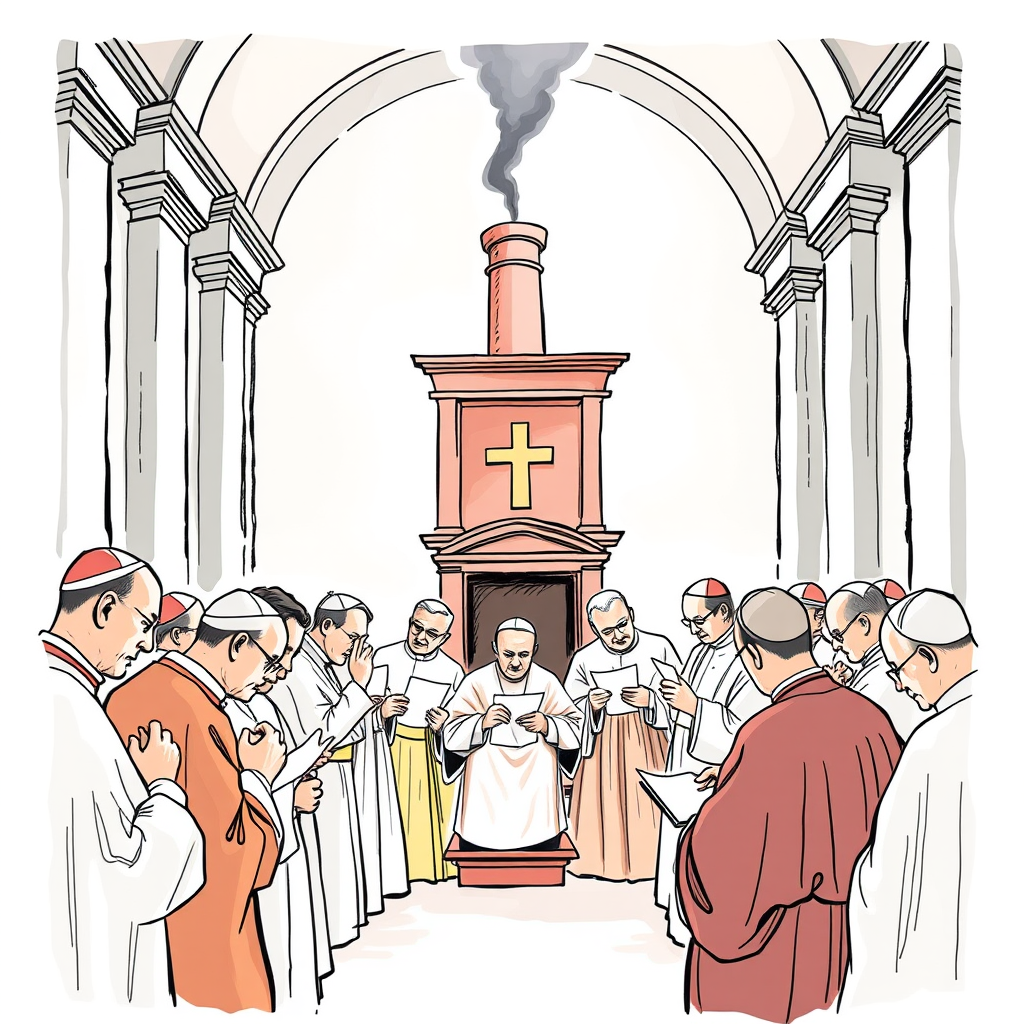Next Pope: The Frontrunners and Selection Process

The Catholic Church is entering a period of significant transition following the death of Pope Francis at age 88, a pontiff who left a lasting impact on the global stage and steered the Church through a time of considerable challenge. His passing initiates the sede vacante, or “vacant seat,” and sets in motion the complex process of electing his successor. The election, known as the conclave, will involve the College of Cardinals, a body of over 250 men—though only those under 80, roughly 120 cardinals, will participate in the voting. Pope Francis significantly shaped the future electorate, appointing approximately 80% of those who will cast ballots. This suggests a strong possibility that his successor will continue many of the progressive directions he championed, including greater inclusivity.
The process itself is steeped in tradition and secrecy. Following a period of mourning, cardinals will gather in the Sistine Chapel, taking an oath of discretion before commencing voting. Ballots are cast and tallied until a candidate receives a two-thirds majority. The world will watch for the telltale signs: black smoke signaling continued deliberation, and white smoke announcing the election of a new Pope.
Predicting the next pontiff is notoriously difficult, and the qualities considered desirable—humility, zeal for the faith, and a commitment to goodness—are subjective. While many observers are discussing potential candidates, it’s important to remember that surprises are common. Pope Francis himself was not widely considered a frontrunner in 2013.
Several names are circulating as potential successors. Cardinal Pietro Parolin, the Vatican’s Secretary of State, is seen as a leading contender, bringing extensive diplomatic experience. Cardinal Péter Erdő represents a more conservative viewpoint, holding traditional stances on issues like marriage and communion. Meanwhile, Cardinals Luis Antonio Tagle and Matteo Maria Zuppi are viewed as progressive voices, advocating for inclusivity and social justice. Tagle, if elected, would be the first Asian Pope in modern history. Zuppi, known for his efforts to foster dialogue and his support for marginalized communities, has been a key figure in Pope Francis’s efforts to reform the Church.
Despite calls for greater representation of women within the Church, the papacy remains exclusively male, as women are not ordained as priests. This limitation underscores the deeply entrenched traditions that govern the selection of the next leader of the Catholic Church.
The election of a new Pope will not only determine the spiritual direction of the Church but also its stance on critical global issues, from climate change and poverty to social justice and international relations. The coming weeks will be a period of intense scrutiny and anticipation as the College of Cardinals prepares to choose the next leader of over 1.3 billion Catholics worldwide. The legacy of Pope Francis, with his emphasis on compassion and outreach, will undoubtedly weigh heavily on their deliberations.